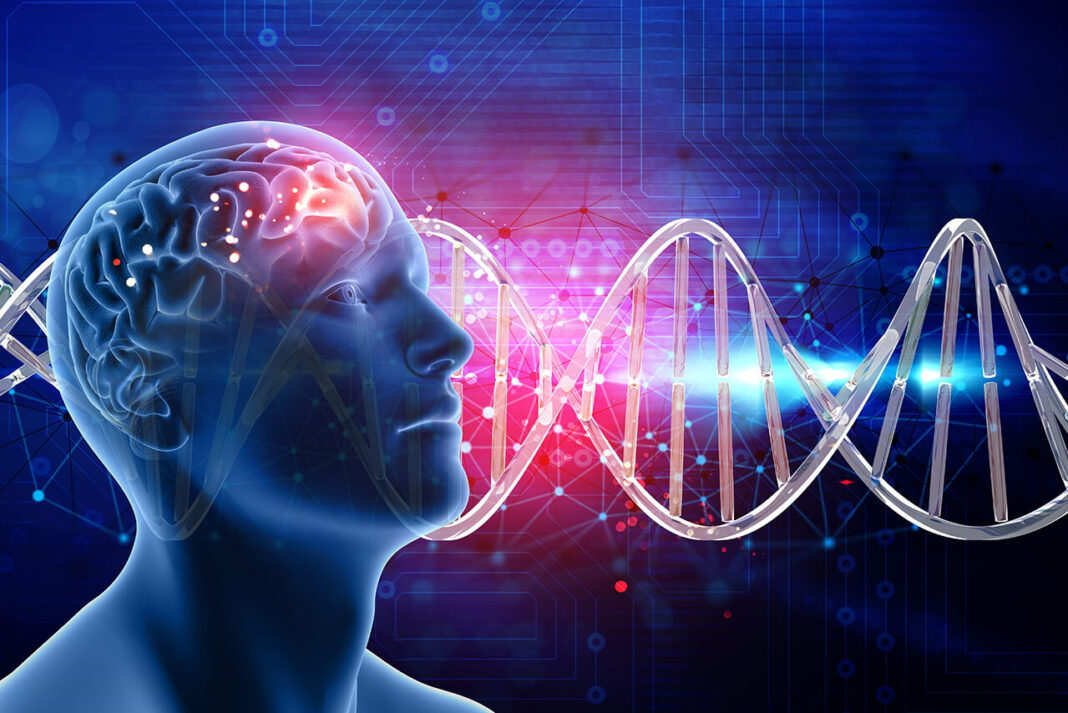The Hidden Engine of the Brain: The True Function of Dopamine
The human brain is far more powerful than most of us realize, yet many people remain unaware of this capacity. We often assume that our emotions, thoughts, and behaviours occur spontaneously. However, neuroscience reveals that the brain is a dynamic organ—capable of change, learning, and reorganization.
This neuroplastic structure allows individuals to reshape their own mental pathways and behavioural patterns. Yet, the constant stimulation of modern life suppresses this natural flexibility, disrupting the brain’s dopamine system.
Dopamine is commonly known as the “pleasure hormone”, but in reality, it functions as a neurotransmitter responsible for motivation and learning. The brain releases dopamine when it anticipates a reward, reinforcing behaviours that lead to positive outcomes.
Evolutionarily, this mechanism helped ensure survival. However, in contemporary society, our dopamine system is increasingly driven by artificial and fast stimuli rather than natural rewards.
Platforms such as TikTok, Instagram Reels, and YouTube Shorts create rapid cycles of anticipation and gratification. Each swipe delivers a “surprise reward”, activating the brain’s reward circuitry within seconds. As a result, attention spans shorten, and people struggle to stay engaged with activities requiring sustained focus—such as reading or studying.
The Dopamine Loop: Quick Pleasure, Shallow Satisfaction
These fast dopamine sources raise the brain’s reward threshold, requiring stronger stimuli to achieve the same level of satisfaction.
Over time, individuals lose the ability to experience joy from simple activities.
In contrast, healthy dopamine sources—such as physical exercise, reading, creative work, spending time in nature, or engaging in meaningful social interactions—promote slower but more sustainable satisfaction.
However, a brain accustomed to hyperstimulation perceives these natural sources as “not exciting enough.” This imbalance contributes to modern phenomena like emotional burnout, low motivation, and chronic restlessness.
Today, dopamine is not merely a biological chemical but also an economic tool.
Digital marketers, social media platforms, and game developers deliberately target the brain’s reward system. Notifications are sent at strategic times, and algorithms personalize content streams to keep users constantly engaged.
Each like, click, or alert functions as a micro-reward, reinforcing repetitive behaviour and extending screen time. In doing so, the brain’s natural rhythm is replaced by an artificial loop of constant stimulation.
Essentially, dopamine has become the currency of the digital economy.
Reprogramming the Brain: The Concept of Dopamine Detox
Breaking free from this loop requires restoring the brain’s natural dopamine balance.
The practice known as “dopamine detox” aims to recalibrate the over-stimulated reward system. This involves identifying and reducing exposure to artificial dopamine triggers such as social media, video games, or binge-watching.
In their place, individuals can engage in low-stimulation, high-meaning activities like reading, walking, listening to music, exercising, or practicing mindfulness.
While the initial days of detox may feel uncomfortable, within a few weeks the brain begins to adapt to a lower stimulation level, regaining its ability to find joy in simple experiences.
This process enhances focus, emotional regulation, and intrinsic motivation.
Dopamine is not the enemy; rather, it is a neutral neurochemical that becomes problematic when misused. Harmful dopamine sources provide instant gratification but erode long-term satisfaction and self-control.
Conversely, healthy dopamine reinforces patience, productivity, and mental well-being.
To manage dopamine is to manage one’s own life.
True freedom does not lie in eliminating pleasure but in consciously choosing what deserves our attention and reward.
Through awareness and consistent effort, we can stop being slaves to dopamine and instead become its masters.
Genuine happiness arises not from quick rewards but from effort, meaning, and deep focus.
References
Volkow, N. D., & Wise, R. A. (2005). How can drug addiction help us understand obesity? Nature Neuroscience, 8(5), 555–560.
Lieberman, M. D. (2013). Social: Why Our Brains Are Wired to Connect. Crown Publishing Group.


